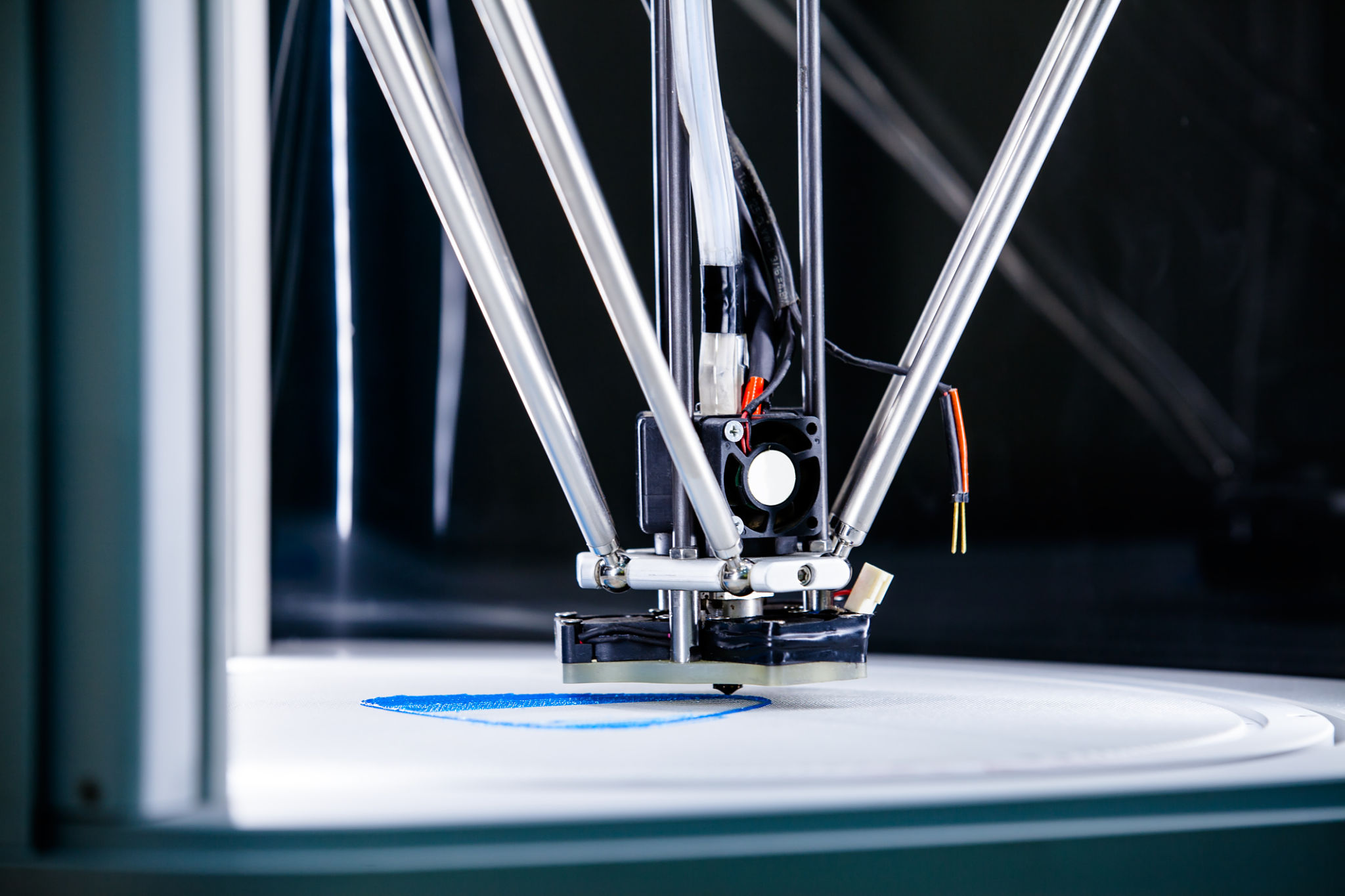Innovations in Industrial Food Machinery: What's New?
Revolutionizing Food Production
The industrial food machinery sector is experiencing a transformative phase, driven by technological advancements and the increasing demand for efficiency and sustainability. Companies are investing heavily in innovation to stay competitive, streamline operations, and meet the ever-evolving consumer expectations. This wave of innovation is reshaping how food is processed, packaged, and delivered.
In recent years, the focus has shifted towards integrating smart technologies into machinery. With the advent of the Internet of Things (IoT) and artificial intelligence, food processing equipment is becoming more intelligent and automated. These technologies allow for real-time monitoring and predictive maintenance, significantly reducing downtime and improving productivity.

Automation and Robotics
One of the most noteworthy innovations in industrial food machinery is the implementation of automation and robotics. Automated systems are not only enhancing precision but also ensuring consistency in food production. Robotics are now capable of handling delicate tasks with high accuracy, such as sorting, packaging, and even cooking specific dishes.
This level of automation reduces human error and labor costs while increasing output. Moreover, robots can work continuously without fatigue, which is particularly beneficial for high-demand production lines. As labor shortages continue to affect many regions, robotics provide a viable solution to maintain production levels.

Sustainable Practices
Sustainability is a major driving force behind innovations in food machinery. Manufacturers are developing equipment that minimizes waste and energy consumption. For instance, new designs in heat exchangers and refrigeration systems are significantly reducing energy usage, leading to lower operational costs and a smaller carbon footprint.
Additionally, there is a growing emphasis on creating machines that are easier to clean and sterilize. This not only ensures higher standards of food safety but also reduces water usage. The move towards sustainable practices is not just environmentally beneficial but also meets the increasing consumer demand for eco-friendly production processes.

Customizable Solutions
Another trend is the development of customizable machinery solutions tailored to specific needs. Manufacturers are now offering modular systems that can be easily adjusted or expanded as production requirements change. This flexibility allows companies to adapt quickly to market trends without significant investments in new equipment.
Customizable solutions also enhance collaboration between equipment manufacturers and food producers. By working closely together, they can develop systems that perfectly align with product specifications and production goals. This partnership ensures that the equipment delivers optimal performance and efficiency.

The Future of Food Machinery
Looking ahead, the future of industrial food machinery is promising with continuous advancements on the horizon. The integration of machine learning and data analytics will further enhance decision-making processes in food production. These technologies will provide insights into optimizing operations, predicting maintenance needs, and improving overall quality control.
As innovation continues to drive the industry forward, companies that embrace these advancements will be well-positioned to meet the challenges of tomorrow’s food production landscape. By staying at the forefront of technology and sustainability, they will not only boost their operational efficiency but also contribute to a more sustainable future.
